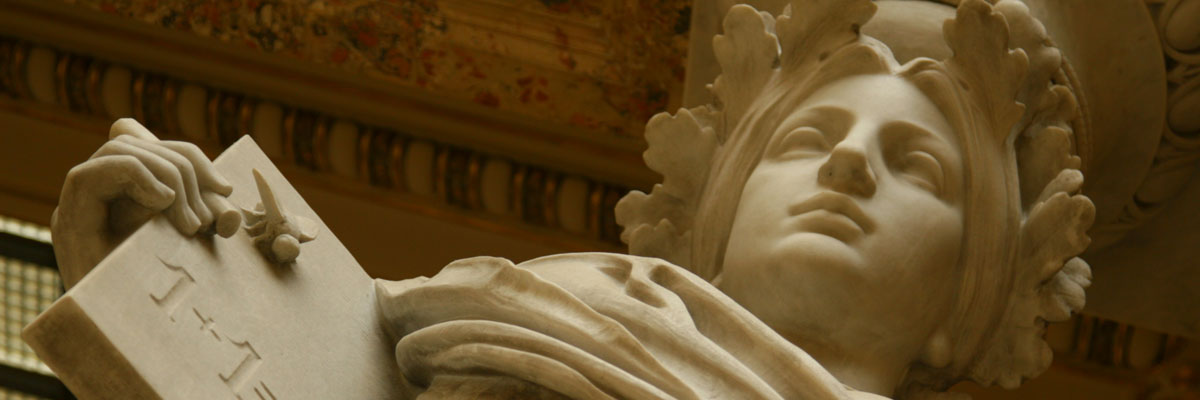
News archive
Search
Selected range: all newsIt has already been 23 months since the Solar Orbiter spacecraft left the Earth. Now, it enters its main scientific phase and soon, it will observe the Sun and its characteristics from a close distance. This very complex scientific space laboratory carries four Czech instruments on board. Moreover, Solar Orbiter is not the only recent space project with the Czech trace: the JUICE spacecraft will launch to Jupiter soon and Czech scientists and engineers are a part of the mission team.
World War II also had its heroines. In the British Army Auxiliary Corps, Czechoslovakian women served not only as cooks or office workers, but also as drivers, meteorologists, interpreters, armorers and convoy commanders. Karolína Stegurová from the Institute of Contemporary History of the CAS follows the trace of their courage and fate.
How did the ancient people obtain, combine and preserve the scents of plants? What perfumes did they make of them? Although only little remains of the ancient knowledge, a scientist wants to experimentally reconstruct the process of preparing several ancient Greco-Egyptian perfumes. Together with a team of historians, Egyptologists, philologists and organic chemists, they are going to revive some of the scents used in the antiquity.
Czech scientists succeeded in confirming the presence of sigma-holes in atoms of halogen elements, which until now existed only in theory. They used their own improved method of scanning electron microscopy. That, for the first time, provided us some insight into the world of this subatomic phenomenon. The ground-breaking research, likened to the first direct observation of a black hole, was published in the Science journal.
The recent release of 52 lynx into the Polish wild does not meet international criteria, according to Czech scientists and conservationists who point that out. Polish zoologists released the endangered beasts without international cooperation and without sufficient information about their genetic origins. The new inhabitants of the forests may therefore bring more harm than good.
A plant does not always grow as it should, and sometimes, the problem is right at the start - in the seed. After years of research, scientists have found a new mechanism that influences seed production and quality in plants. Surprisingly, removing the function from a specific gene led to a poor seed development caused specifically by the paternal side. The research helps to understand an intricate process of plant sexual reproduction and thus may contribute to better breeding.
Seven days full of the best of what the Czech Academy of Sciences does. The first year of the science festival called The Week of the Czech Academy of Sciences ended on Sunday, 7th November. All over the country, people could explore institutes, listen to lectures, watch films or experience science for themselves. The Academy also awarded the best scientists of 2021.
A decades-old enigma is now answered: people domesticated modern horses about 4000 years ago in the Pontic-Caspian steppes. Scientists also discovered that these ancient horses of one genetic lineage expanded rapidly and ultimately replaced all others in Eurasia. Why? Their body was better adapted for heavy loads and their behaviour was more docile. And that was all revealed thanks to archaeogenetics.
Chemists, microbiologists and engineers from different institutions have joined forces to produce a completely new type of nanomaterial dressing with antibiotic effect. It could find its use in the treatment of burns and skin wounds with bacterial infections. The material, called NANO LPPO, has proved its worth in the first experimental phase, but clinical trials have yet to verify it. The results of the study were published in the Scientific Reports journal.
Scientists, politicians, family, and friends of Prof. Rudolf Zahradník gathered in the main building of the Czech Academy of Sciences to pay tribute and remember his great personality. The Chairman Emeritus Rudolf Zahradník deceased in October last year. He was one of the most noticeable Czech scientists, and was also well-known in the world.
The Czech Academy of Sciences (the CAS)
The mission of the CAS
The primary mission of the CAS is to conduct research in a broad spectrum of natural, technical and social sciences as well as humanities. This research aims to advance progress of scientific knowledge at the international level, considering, however, the specific needs of the Czech society and the national culture.
President of the CAS
Prof. Eva Zažímalová has started her second term of office in May 2021. She is a respected scientist, and a Professor of Plant Anatomy and Physiology.
She is also a part of GCSA of the EU.









